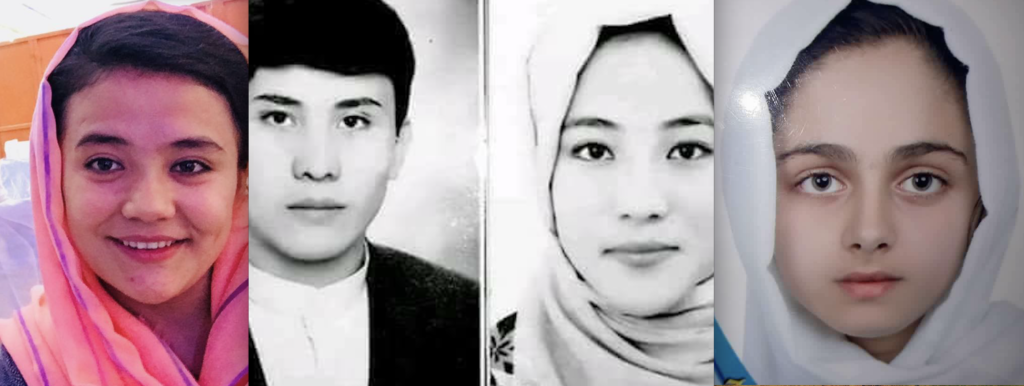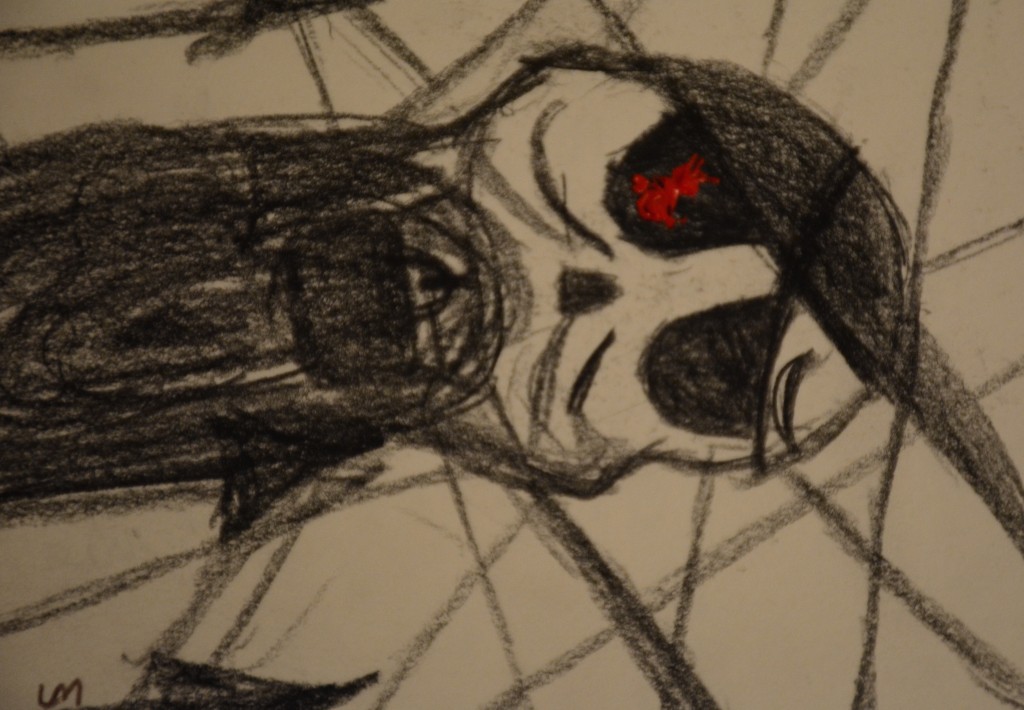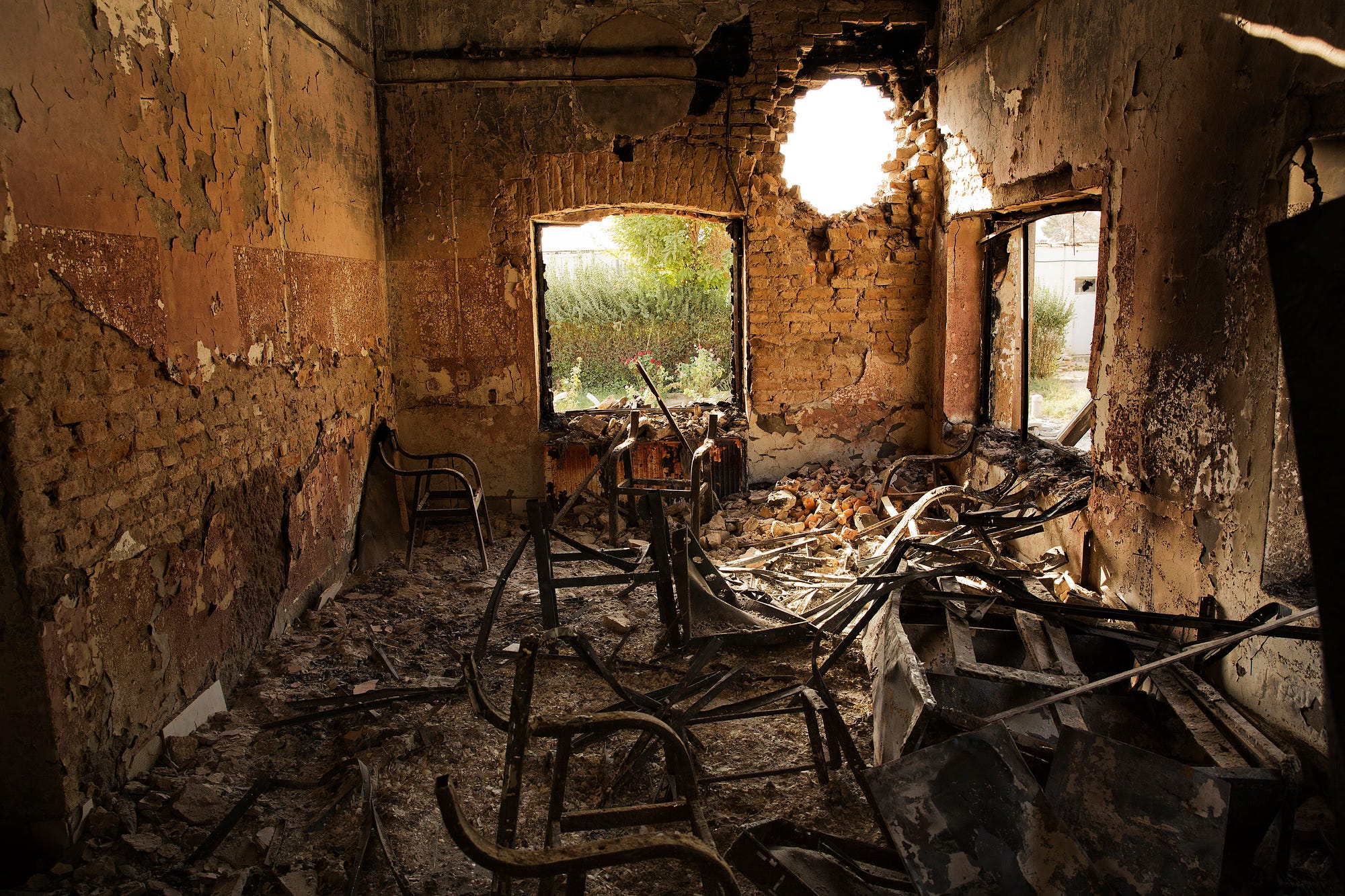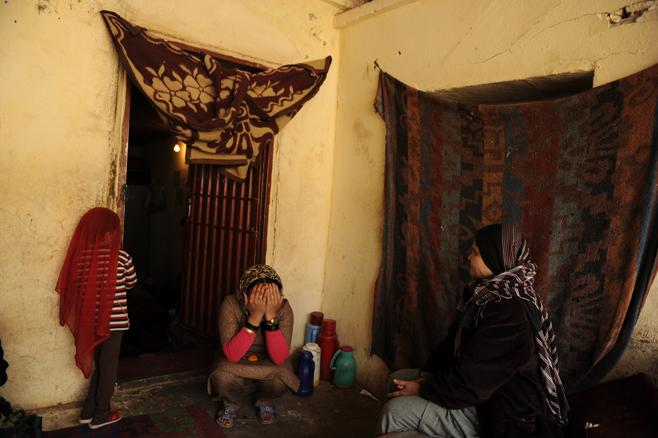
Soora and Abed Jawad
The Taliban seizing control of Afghanistan back in late August has caused thousands of Afghan families to leave everything they have ever known to flee the country due to concerns with their safety and wellbeing. These families did not have many choices; their options were to stay and live-in fear or escape to a new country. Although the latter appears to be the better option of the two, having to evacuate to a brand-new country to escape danger and violence can also be intimidating- especially when the new country is overseas, speaks a different language, and has different cultural values, norms and expectations. These factors make fleeing a country strongly affect families and their structures and dynamics, which has been the case for many of these Afghan families.
Due to most of Afghanistan’s neighboring countries – Uzbekistan, Pakistan, and Iran – closing their borders, over 100,000 Afghans were airlifted out of the country by the United States and their partners. About 65,000 of these refugees are being placed in the United States, though it is not clear how many families this number consists of. With Afghanistan sitting in the northern and eastern hemispheres of the world, it will take adjusting for these individuals and families to become situated with the culture and environment that stems from the United States being in the western hemisphere. In fact, Soora Jawad of the Jawad family interviewed by CNNeven went to express her surprise at all the greenery here in the U.S., something many U.S. citizens do not tend to think much of.
When discussing fleeing their native country, the Jawads say it feels like they are starting over. The family of three had very little money after arriving in the U.S., but Soora says this is what they had to do for the sake of their young daughter, after facing immense amounts of stress and being unable to eat due to worrying about their child.
The Jawads are now living in Virginia- one of the states welcoming the most amount of refugees, at about 1,166. The family found housing through one of the nine resettlement agencies supported by the Afghan Placement and Assistance program to provide resources for the Afghan families in need as they settle into the U.S. They were given comfort items by a refugee support group, including toys for their daughter and beds to sleep in- an upgrade from sleeping on the floor like they had to do when they first arrived.
However, the Jawads are now left jobless and must start paying their rent on their own after two months. Back in Afghanistan, Soora was nearly complete with her residency to become a heart surgeon and her husband Abid worked as an accountant- both high-paying jobs that promised financial stability that the family now does not have. They may be smiling in the interview but searching for jobs can impose great deals of stress and even strain on refugee families like the Jawads, as if leaving home with little to no clothes and toiletries and other belongings wasn’t enough.
The Jawads are just one family that fled from Afghanistan. Reality is, there’s plenty more, and not all have some of the advantages the Jawads have- most likely, not all are as highly educated as Soora and Abid are and many do not speak English like this family does, as well. And in this case, the entire family got to flee together, and it is reasonable to believe that this may have not been the case for all refugees. Lack of education, language barriers, and the splitting of families can all impact Afghan refugees and their families and the Shinwaris are an example of one that have been affected.
The Shinwari family is another Afghan family that recently fled their homeland due to the country’s current circumstance. Although this family has also been given resources upon arrival, the Shinwaris face many obstacles that the Jawads did not. Despite now living in a safer situation, the family is left with many concerns, including that they do not speak English, they cannot drive, and they do not have the education for work. Father Mohammed is having issues with his leg after being hit by bullets back in Afghanistan and Mother Madina also gave birth to a baby girl in the air while fleeing, as well.
On the other hand, families like the Mahrammis can be a symbol of hope for a better life for the Afghan families entering the U.S. in recent months. The Mahrammis arrived in the U.S. from Afghanistan back in 2017 and were met with large expenses, such as hospital bills and the need for a car for employment. They had to grow accustomed to the cultural differences between the two countries- in fact, the differences are so significant that father Hossein proposes an idea for a class about American culture to be offered to refugees. The concept of small talk with strangers – something we all do in our daily lives here in the U.S. – was brand new to this family and many other Afghan refugees.
Hossein describes knowing his children are receiving a great education and not fearing for his wife’s safety when she is outside alone as a great feeling. He appears very optimistic about the family’s future, as well. The Mahrammis now having educational, financial, and other opportunities here that they did not have in Afghanistan can improve their family structure and dynamic, and stories like this one can potentially, in a way, comfort the Afghan families who have not yet gotten on their feet here in the U.S, knowing the good that could possibly be in store for them.
With Afghans still fleeing the country and more than half a million expected to flee Afghanistan by the end of this year, there is no doubt that these families will continue to be greatly impacted in the U.S. and wherever else they may have to flee to because of their need to do so.
(By Raven Albert)
(Photo Credit: CNN)

/cdn.vox-cdn.com/uploads/chorus_image/image/40608404/455969594.0.0.jpg)




